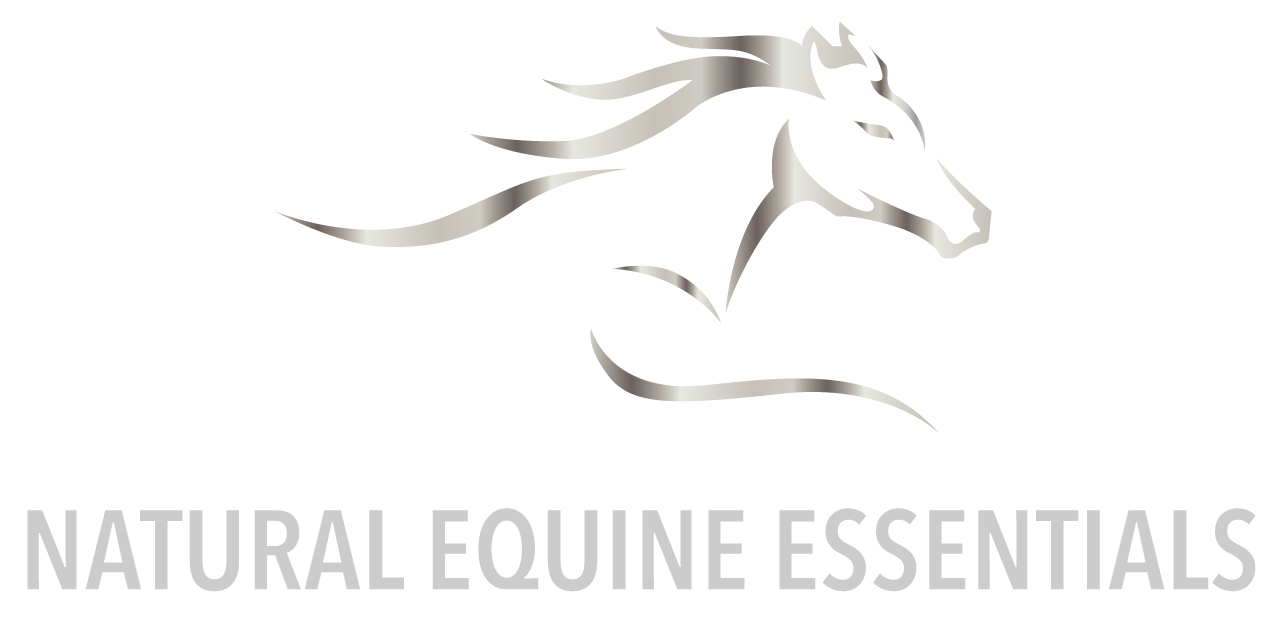Equine gastric ulcer syndrome (EGUS) describes horses with erosions or other compromises of the stomach wall. Some horses show few signs of EGUS, whereas others colic, develop diarrhea, and have poor appetites, dull coats, decreased performance, and even behavior changes. Many ulcers develop in the squamous or nonglandular part of the stomach. According to the research team behind a new study*, EGUS should no longer be used as an all-encompassing term. Instead, horses with ulcers affecting the glandular region of the stomach, where stomach acid is produced, should be described as having equine glandular gastric disease (EGGD).
Read MoreGastric ulcers (equine gastric ulcer syndrome [EGUS]) are common in horses and foals. This syndrome is most closely associated with horses involved in performance disciplines; changes in housing or social interaction; and illness. Prevalence in unmedicated racehorses in active training is at least 90%, whereas that in non-racing performance disciplines exceeds 60%. Neonatal foals are at significant risk for development of perforating peptic ulcers until they are several weeks old, because their gastric mucosa is not developed to full thickness at birth. Although spontaneous healing of peptic ulcer lesions has been noted, if the horse is maintained in the circumstances inciting EGUS, the lesions are unlikely to heal without medical intervention.
Read MoreHas everyone—trainers, farriers, friends— ‘diagnosed’ your horse with ulcers? You should probably ask your vet for the truth.
The client walks into my office with a defeated expression. “My horse is really crabby/resistant/unhappy…” she tells me. Before she even takes a breath, I finish the sentence for her… “and your farrier/trainer/friend told you he has ulcers.”
Read MoreA common case of heartburn can bring intense discomfort, even pain, to a person. Imagine your horse trying to perform with a stomach ulcer. Did you know that the clinical signs of ulcers in horses are subtle and nonspecific and might be reflected in a slight attitude change, a decrease in performance, or a reluctance to train?
Read MoreEquine gastric ulcers can affect any horse at any age. Up to 90 percent of racehorses and 60 percent of show horses, as well as non-performance horses and even foals are affected by equine gastric ulcers. These are the result of the erosion of the lining of the stomach due to a prolonged exposure to the normal acid in the stomach. Unlike ulcers in humans, bacteria do not appear to cause equine gastric ulcers. Horses are designed to be grazers with regular intake of roughage. Since the horse’s stomach continually secretes acid, gastric ulcers can result when the horse is not eating regularly due to there being less feed to neutralize the acid.
Read More
